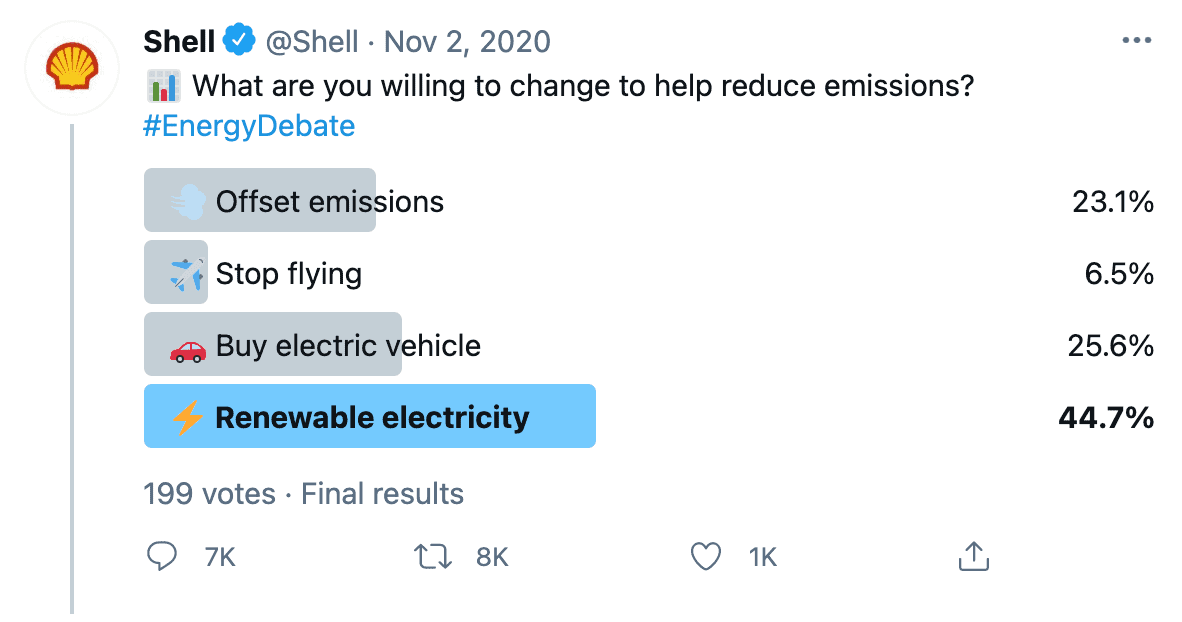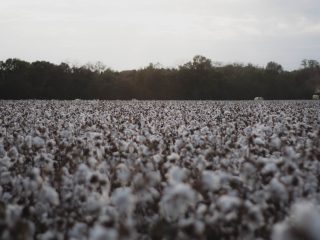There’s a lot happening in the world of sustainability, as always, so here’s our round-up for the month of May.
Mushroom leather? Mushroom leather!
Would you wear shoes made out of mycelium – the network of threads that form the flesh of a mushroom? I mean, it’s no stranger than wearing shoes made from the flayed skins of cows.
MycoWorks is a company that’s doing just that – they’ve developed a technology that creates high-quality leather that looks, feels like and ages like the traditional variety. It’s a sustainable alternative that follows in the footsteps of Desserto (cactus leather), and Piñatex (pineapple leather).
If you want to know more, there’s a very illuminating interview with the founders over on Designboom. Have a read. And here’s the first product made from Mycoworks’ new fabric: an elegant ‘leather’ bag made in collaboration with Hermes.
Looks even better than the real thing. Sign us up for a pair of mushroom leather chaps pronto.
Tesla no longer accepts Bitcoin
Elon Musk is a confusing person. After tweeting about joke-dog-based cryptocurrency Dogecoin, seeing the value of it increase massively, only to crash that price by going on SNL to do bad comedy, he then announced that his company Tesla will no longer be accepting Bitcoin as payment for their electric cars, citing environmental concerns.
And it’s true that blockchain uses an astonishing amount of energy, the majority of which isn’t renewables. And even if it were, how about this stat: if Bitcoin were a country, it would rank 29th in the world for energy consumption. And that’s just Bitcoin – it doesn’t include all the other blockchain-based cryptos.
This isn’t new information though, so you’ve got to wonder about Musk’s sudden change of heart after his effusive enthusiasm for the technology.
Allbirds CEO does a Reddit AMA
Joey Zwillinger, co-founder and co-CEO of Allbirds shoes popped up to answer questions on Reddit. It was a pretty interesting thread full of inside-stories about what it takes to make a difference in the infamously wasteful world of fashion. Our favourite fact? His favourite bird is the Lilac-Breasted Roller. Great choice.
Aside from avian preferences, there was an interesting discussion about the need to develop a set of standardised metrics for sustainability. Here’s a snippet:
Q: I think one of the issues with the ‘scalability of sustainability’ is that we haven’t defined a clear set of metrics to define and quantify sustainability (and other ESG issues). In contrast, financial (GAAP) metrics are quite clear. Do you think this is an important issue to address and how should we do so?
A: SO TRUE! The lack of standards means that companies make up their own definitions and it’s usually self-serving. That is greenwashing. Sustainability means 10 different things to 10 different people, so it’s super important to standardize.
Carbon (equivalent) emissions from humans is the single-most important factor in climate change. Hence, the amount of emissions in a product (or company) is the most important metric to measure climate impact. That’s why we made a carbon label to harmonize the approach that companies and consumers think about climate pollution. Giving people a tool to decide if they want a product based on its impact to the environment — your question is exactly why we did this.
In public company finance markets where GAAP is used, on the sustainability and environmental side, SASB and TCFD are quickly becoming the most prominent disclosure standards, and they are pretty darn good. So that’s encouraging. B-Labs certifies companies like Allbirds as B-Corps, and that’s another good trend.
We are going to continue to press boundaries on this topic. We want to help improve standards so that companies cannot greenwash.
We don’t disagree with any of that – and you can take a look at this Akepa blog post on greenwashing if you’d like to read more about our view on sustainability snake oil.
The Quest for sustainable concrete
“Today we use more concrete than any substance, other than water.”
That means that concrete is estimated to account for about 8% of the carbon dioxide (CO2) we emit into the atmosphere. That is substantially more than even the aviation industry, which makes up about 2.5% of emissions. Or the fashion industry, which makes up around 4%.
So clearly, something needs to be done. Which is why the Global Cement and Concrete Association has launched a competition to help.
Dubbed Open Challenge, the new competition aims to bring together pioneering tech start-ups and major players in the cement and concrete industry to accelerate the “development of innovative new low-carbon technologies”.
If you’ve got any solid ideas on how to get things built better, you now know where to take them.
Pandora switching to lab-made diamonds
The diamond industry is an ethical minefield. Problems with mining are rife, such as diamond revenues funding brutal conflicts, terrible labour conditions, rampant deforestation and water contamination from the mining process.
Which is why Pandora, the world’s largest jeweller, has announced that it’s switching to entirely lab-made diamonds. Good news, right? Well, sort of. While it may solve one problem, it just creates another. The majority of lab-made versions are produced in China, using a high-temperature, high-pressure process that requires enormous amounts of energy. It’s the kind of unfortunate Catch-22 that’s not uncommon when trying to solve sustainability problems.
So what’s the solution? Maybe we just stop buying diamonds.
Groundbreaking judgement orders Shell to reduce emissions
Last but absolutely not least, a Dutch court has ordered Shell to reduce its carbon emissions in the Netherlands. The case was brought by the Dutch arm of Friends of The Earth, to try and force Shell to comply with the legally-binding Paris Agreement.
The victory means that Shell must reduce its emissions by 45% pct by 2030 compared to 2019 levels. And it’s the first time that a private company has been ordered to reduce its emissions by a fixed amount with a defined time frame, so it’s a game-changing case.
It’s also a story that has a certain karmic piquancy to it, given Shell was only last year criticized for sly greenwashing tweets asking what individuals were ‘willing to change’ to reduce emissions. They really put the gas into gaslighting with that update and it drew some high-profile vitriol in response.

That’s our round-up for May. What’s been your biggest story of the month? Did we miss anything big?




Leave a Reply